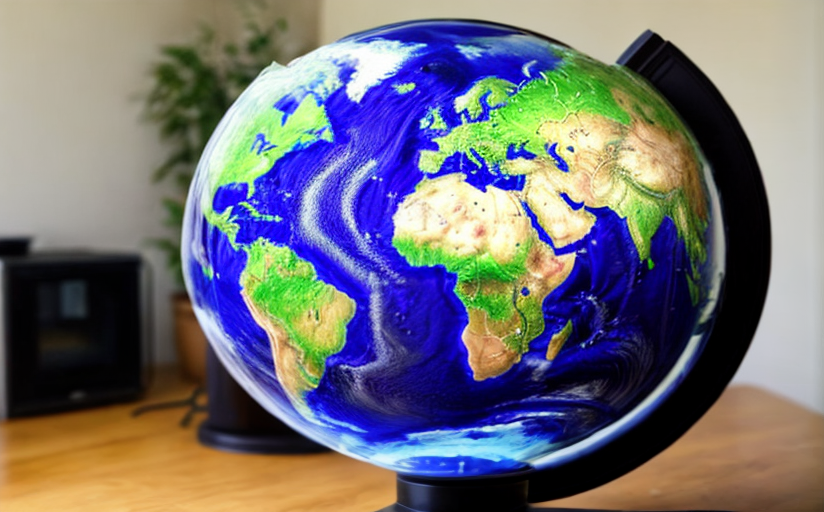Climate and Cuisine: The Impact of Global Climate Change on World Foods
Introduction
The evolution of global cuisines and food practices can be traced back to a symbiotic relationship with our earth's climate. This comprehensive discourse aims to explore the ways in which climate change may reshape the way we produce and consume our favorite dishes.
Climate Change and Food Production
Mounting evidence from leading climate scientists suggests that fluctuating weather patterns are changing our agricultural landscapes. Shifts in rain patterns, higher temperatures, extreme weather events, and alterations in growing seasons are causing a ripple effect in global food production systems. From the vineyards in France experiencing altered wine grape ripening to India's scattered monsoon impacting the production of rice, these climatic shifts are changing what, when, and how much farmers can grow.
Repercussions on Global Cuisine
Food is a cornerstone of culture, and these changes in agricultural practices are likely to have profound effects on our dishes and diets. For instance, less availability of staple foods such as corn, wheat, and rice due to severe droughts, could influence both the price and the ingredients used in various dishes. Food shortages could potentially lead to redesigned culinary practices or even the loss of certain traditional foods that heavily depend on these ingredients.
Revolutionizing Agriculture
Vertical farming and lab-grown food, amongst other innovative agricultural methods, could play key roles in combating the food challenges imposed by climate change. With our ability to control indoor climate, vertical farming can assure year-round crop production regardless of outdoor weather conditions. Lab-grown food, on the other hand, offers the exciting possibility of producing meat without the need for livestock – a significant source of greenhouse gas emissions.
Cuisine Evolution in Response to Climate
Historically, cuisine has evolved in response to environmental changes. From the development of fermentation techniques in cold climates, to the discovery of cooling foods in warmer regions, environmental factors have always shaped our eating habits. Considering this, we may expect a similar evolution in the future, where innovative cooking methods and revised dietary habits align with the climate and our agricultural abilities.
Conclusion
As we reconcile with the changes that our planet's climate continues to undergo, understanding the implications for our global food culture is imperative. The challenge we face is not simply adapting our agricultural practices but also revising our gastronomical identities in harmony with the Earth's evolving climate.
References
Information for this article was gathered from a variety of sources including leading climate scientists, agricultural experts, chefs, and food historians. Their combined expertise provides a deep understanding of the symbiosis between our climate and cuisine, offering enlightening and engaging insights into the future of food.
















Comments
Leave a Comment